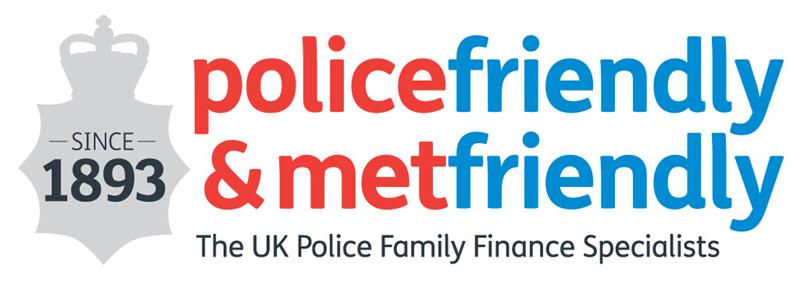It’s a different way of saving, investing, and protecting your future financial security
Friendly societies were originally invented as a way for groups of people of like minds to club together so that members would be looked after, or receive help or monetary benefits, if they fall onto hard times. They were not owned by anyone for profit – they were “mutuals”, meaning they were owned by their members, and that is still true today. Nowadays, there are many “mutuals”, not just friendly societies – for instance, all building societies are mutuals.
Presently some friendly societies are run as insurance companies, life or general or both. Some are run as lodge-based, with semi-autonomous local lodges with their own local management but centrally-governed, and often organise local events for their members such as dances, meals, and talks, as well as financial benefits. Some friendly societies and mutuals are affinity-based (meaning they serve primarily one occupation or profession). Others are geographically associated, while others specialise in one type of benefit (insurance or welfare). Usually the name gives it away!
Friendly societies can offer a lot of the same services as banks or insurance companies, but being a mutual, the profits aren’t paid to shareholders as they’re distributed to members or reinvested for their benefit.
Many mutuals work with certain trades or professions, and profits tend to be given back to these communities as part of their wider social roles.
We’re owned by our members, who are part of the police family, so everything we do has your best interests at the very heart. We have no shareholders to satisfy so we ensure that our profits are invested to benefit our members. Our staff are not paid commission, so you won’t get the hard sell from us – our priority is to provide products designed to improve your financial security.
Anyone who takes out a plan with us automatically becomes a member of the society. There is no joining cost or ongoing membership fee.
